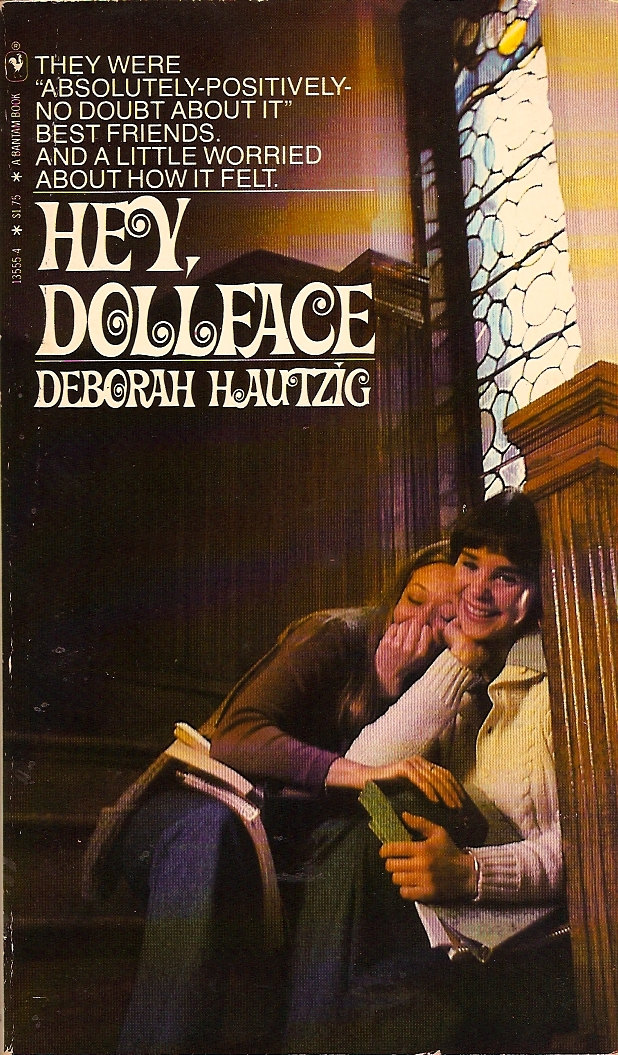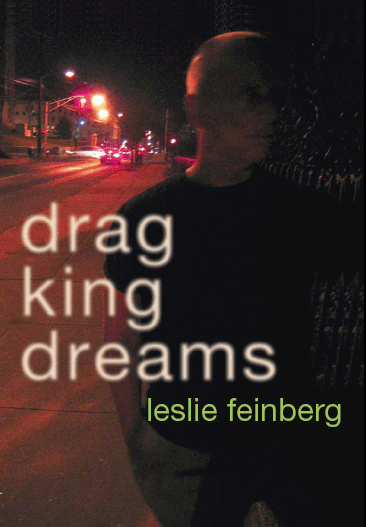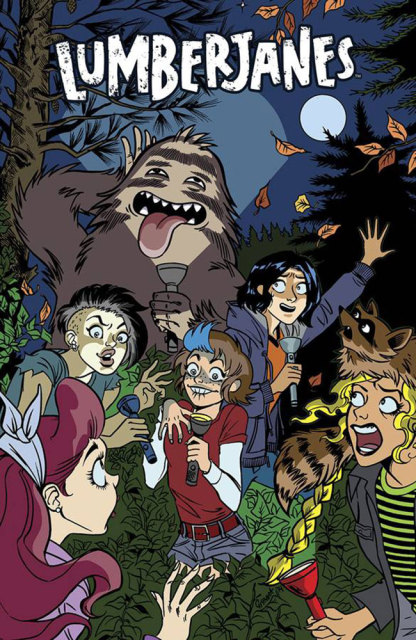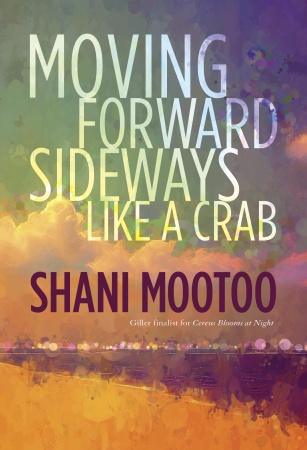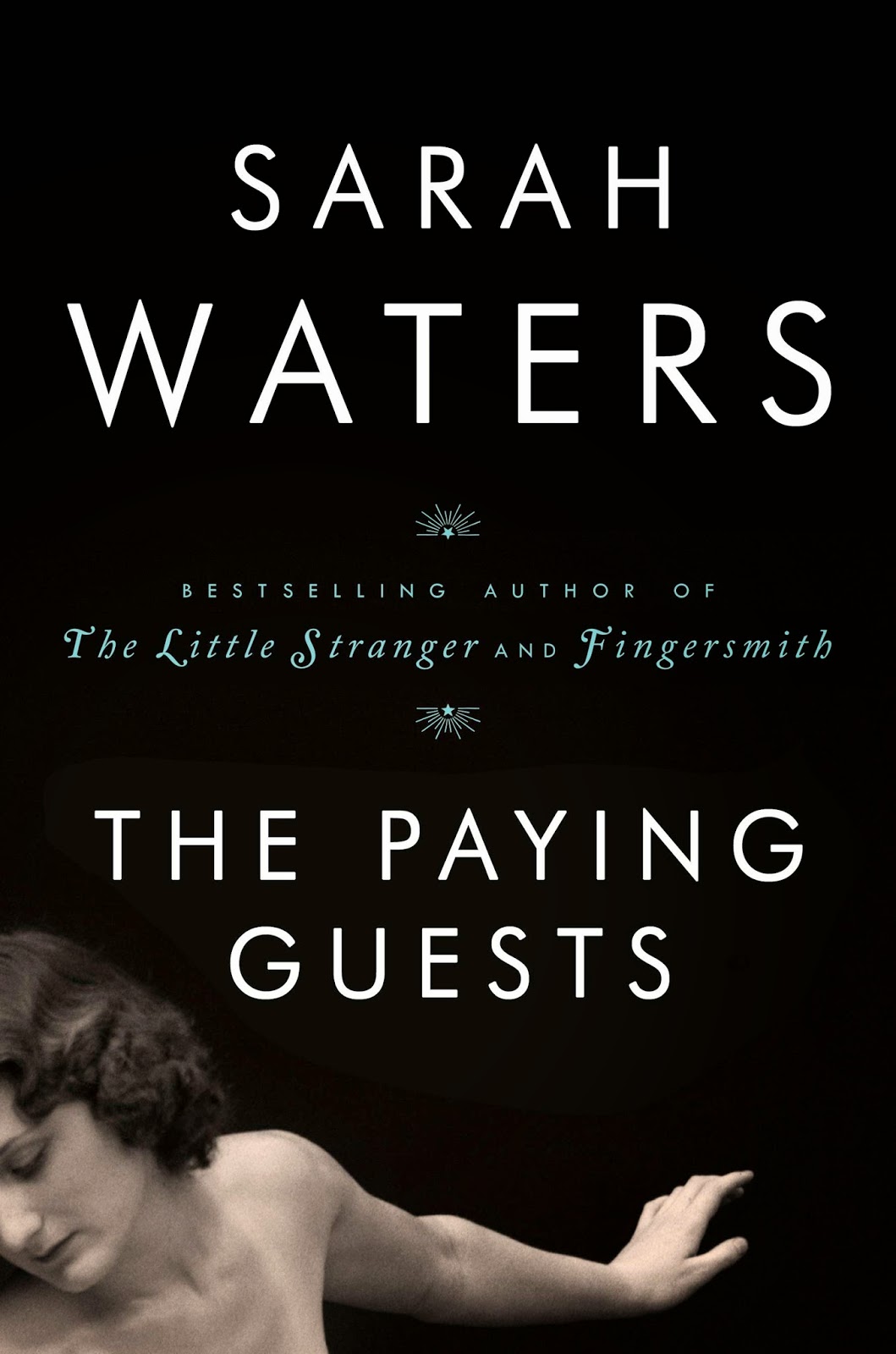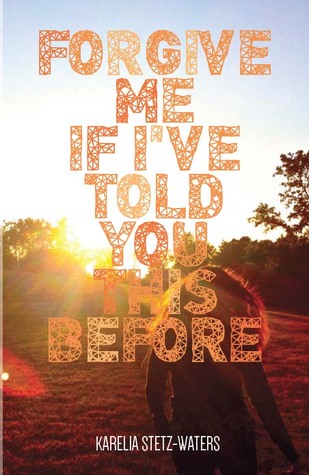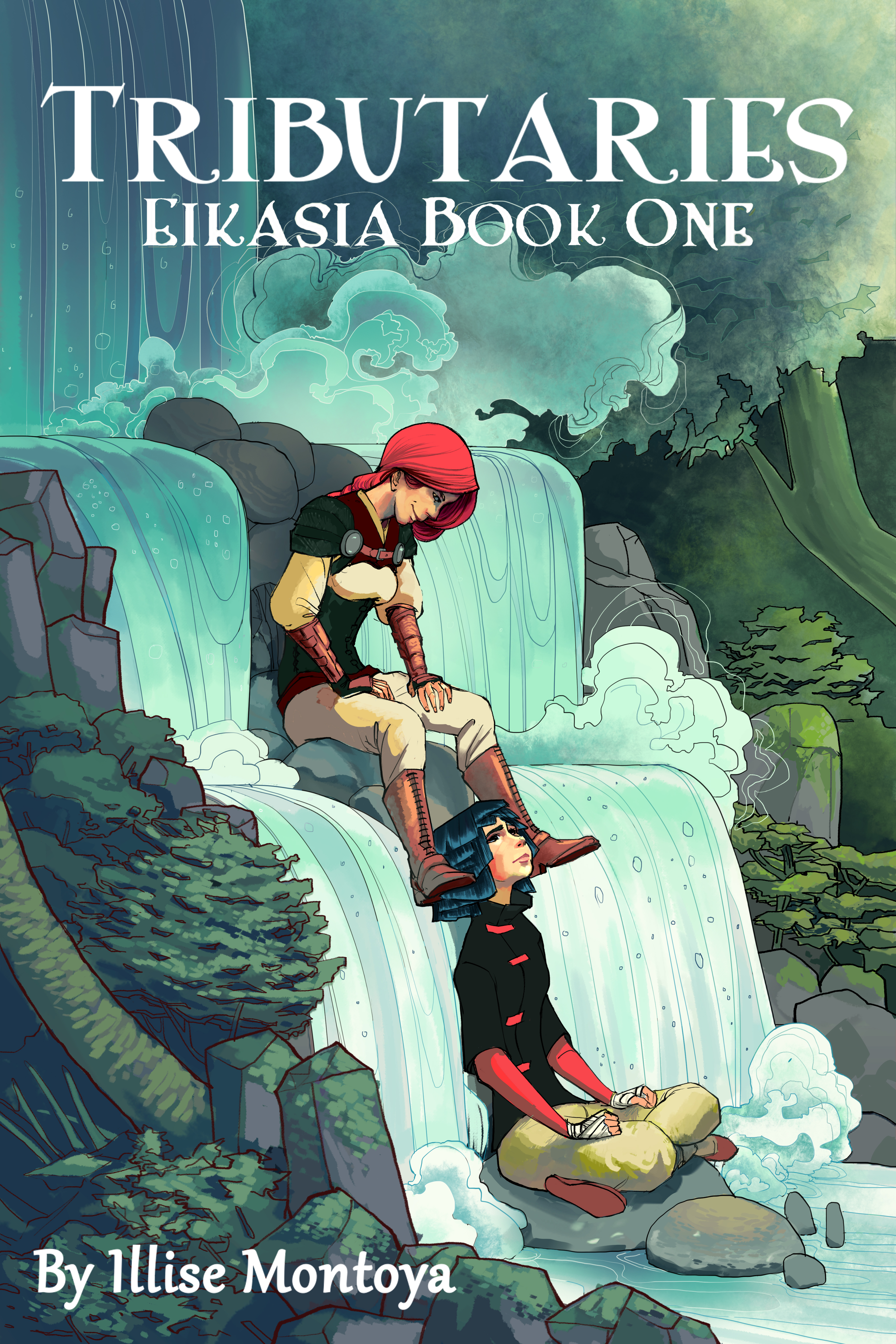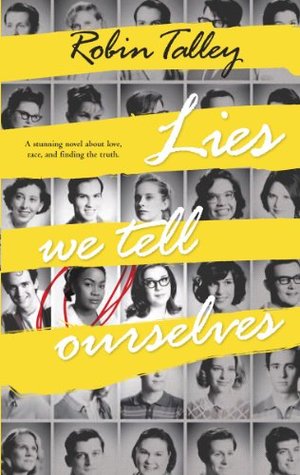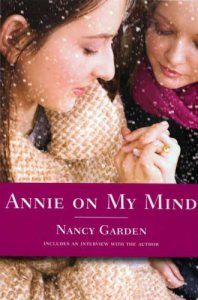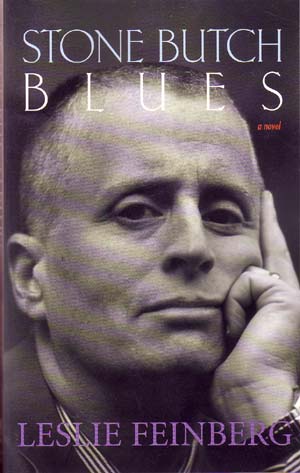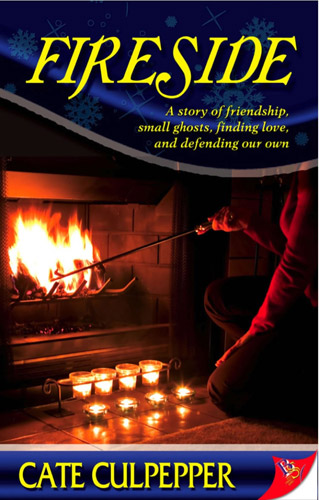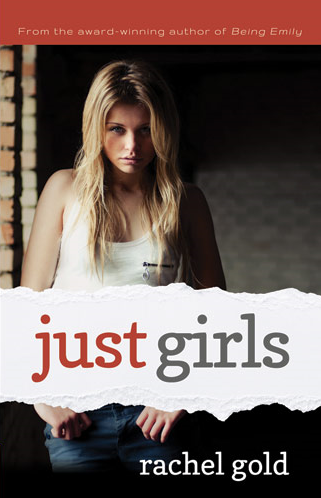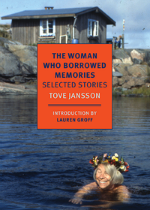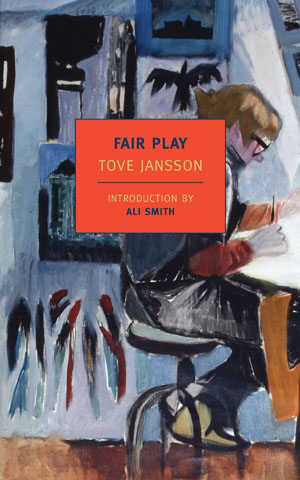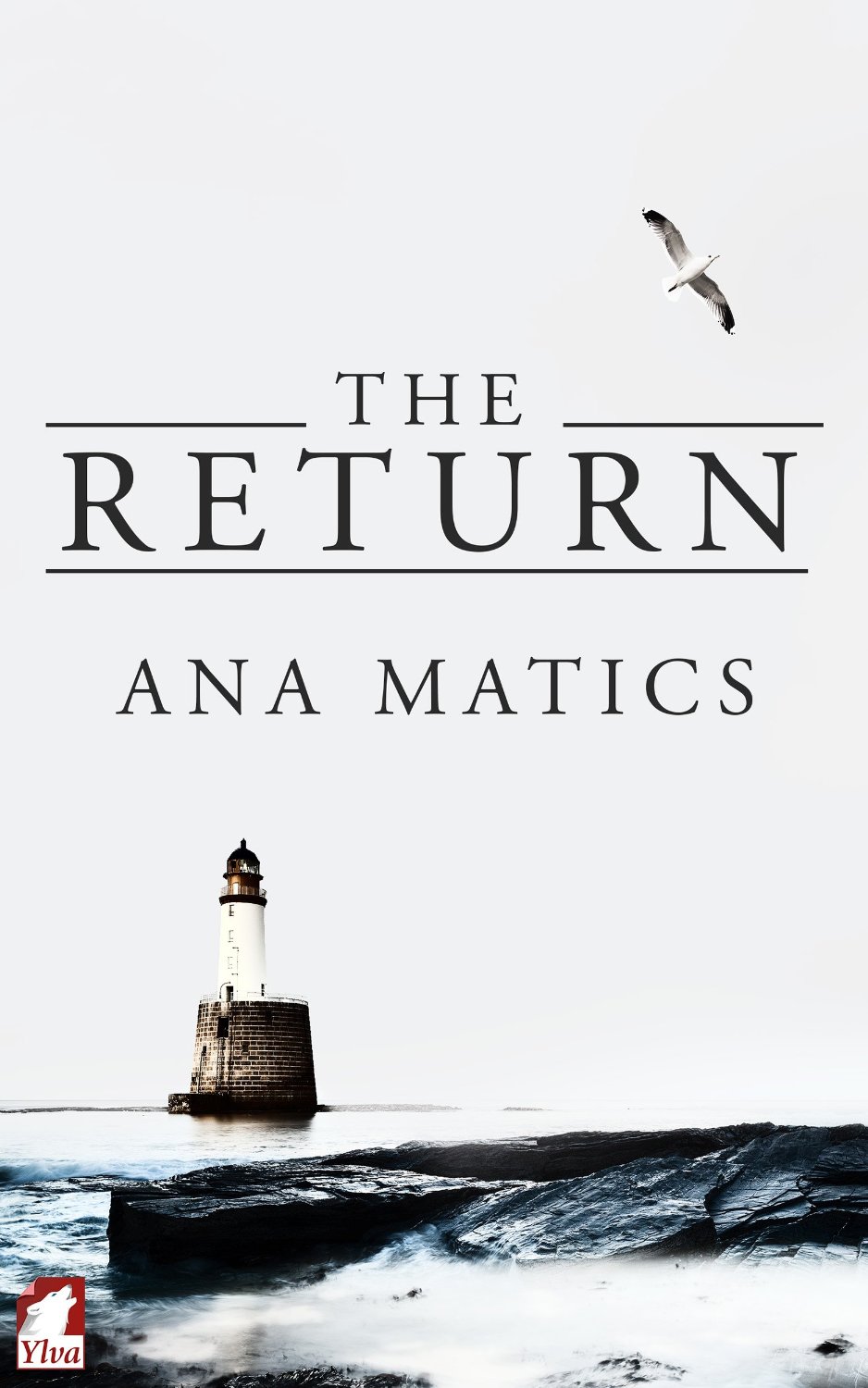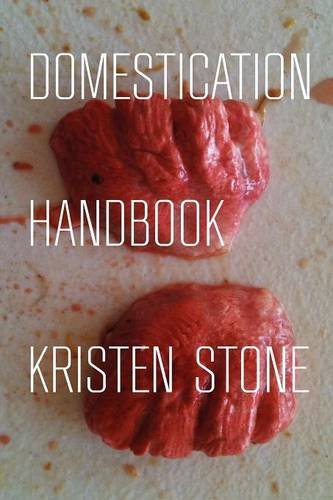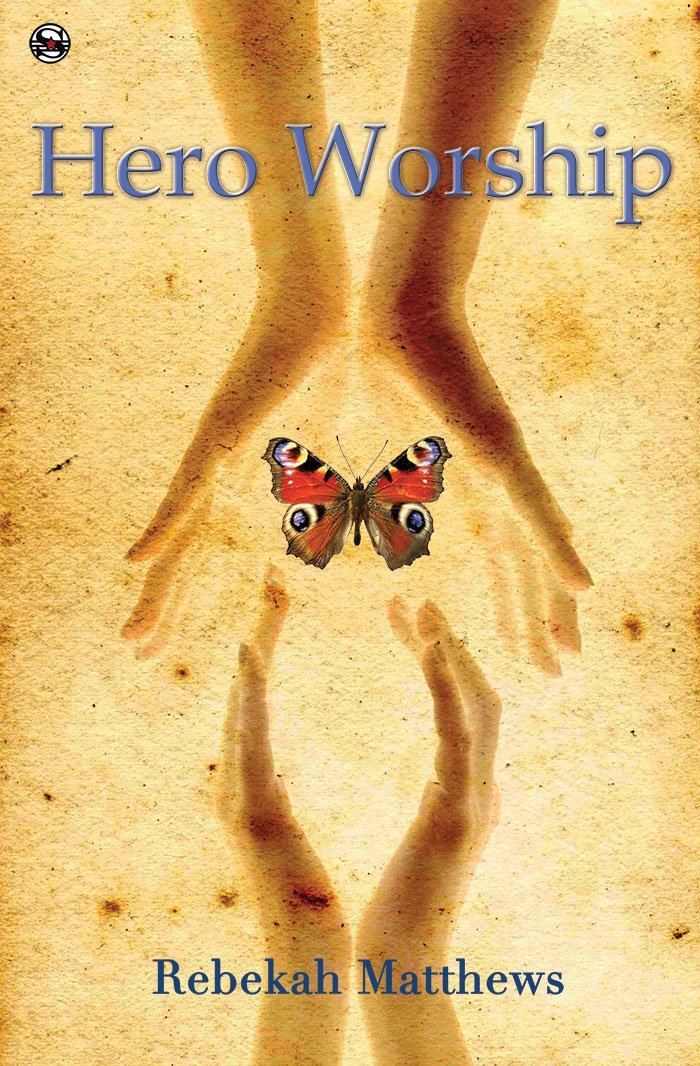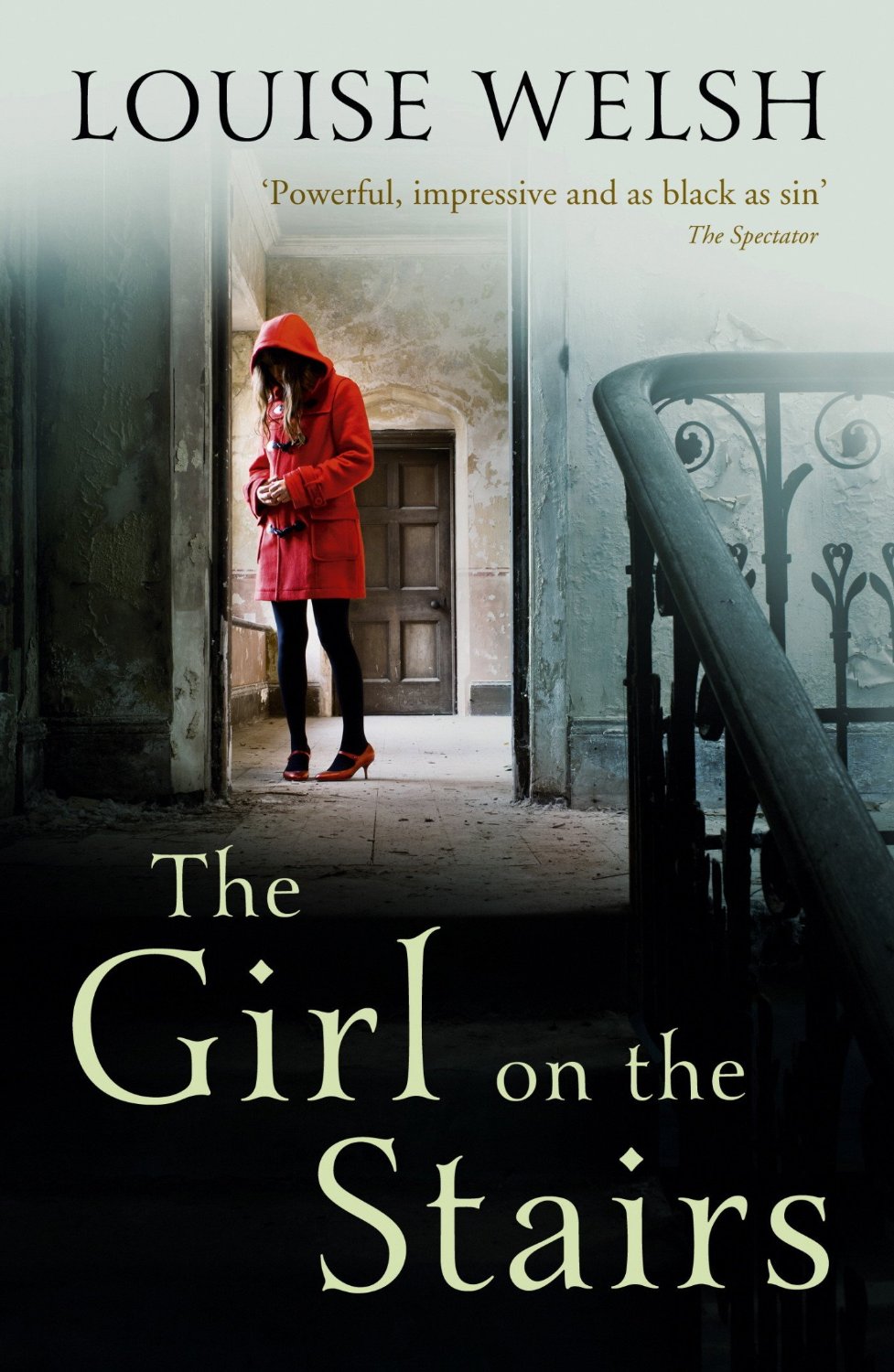The Advocate posted Transgender Pioneer and Stone Butch Blues Author Leslie Feinberg Has Died (an obituary by Leslie’s partner, Minnie Bruce Platt).
Autostraddle posted
- Drawn to Comics: Lumberjanes’ Epic Friendtastic First Run Finale is Here!
- How Leslie Feinberg Changed Our Lives: The Autostraddle Roundtable
- Lez Liberty Lit #60: Buried Under Books
Hey, Dollface by Deborah Hautzig was reviewed at Gay YA.
The Whip by Karen Kondazian was reviewed at That’s All I Read.
Moving Forwards Sideways Like a Crab by Shani Mootoo was reviewed by Casey the Canadian Lesbrarian.
New York 1, Tel Aviv 0 by Shelly Oria was reviewed at Lambda Literary.
Forgive Me If I’ve Told You This Before by Karelia Stetz-Waters was reviewed at Lambda Literary.
Deserted Echo by Linda Kay Silva was reviewed at Lambda Literary.
The Paying Guests by Sarah Waters was reviewed at things mean a lot.
This post, and all posts at the Lesbrary, have the covers linked to their Amazon pages. If you click through and buy something, I might get a small referral fee. For even more links, check out the Lesbrary’s twitter! We’re also on Facebook, Goodreads, Youtube and Tumblr.

